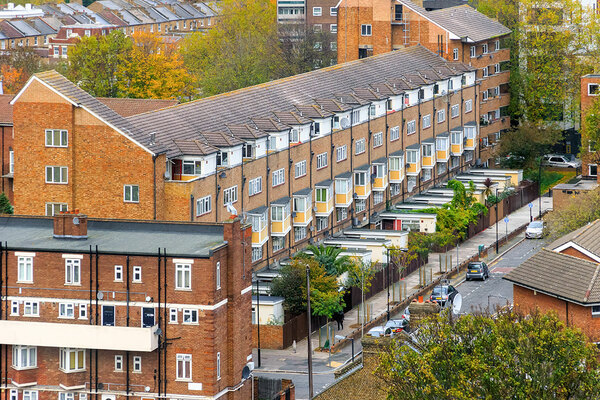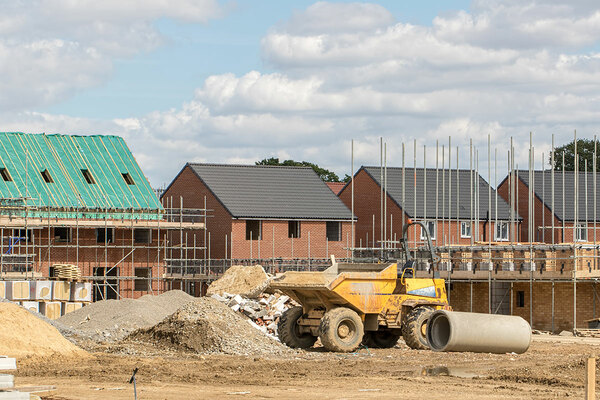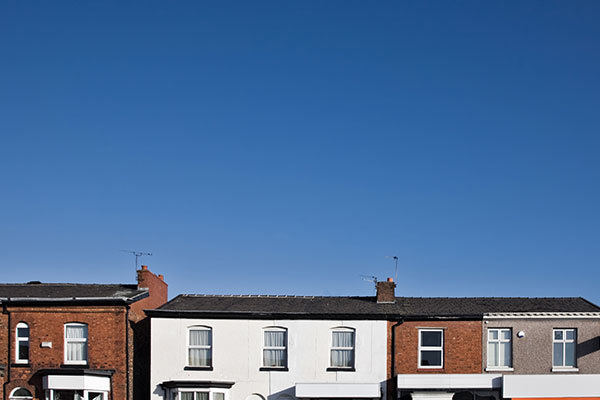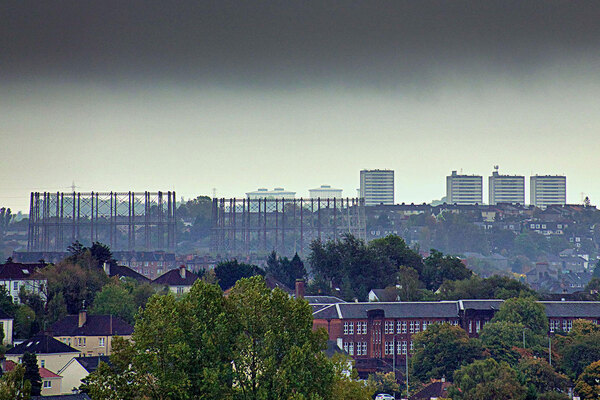Social housing owned by for-profit providers increases by 75%
The number of social housing homes owned by for-profit providers rose by 75% in the year to March 2020, new data has revealed.
Data collected by the Regulator of Social Housing (RSH) showed that 49 for-profit providers reported having 9,313 social homes compared with 5,342 in the year to March 2019.
The data reflects the growth of the for-profit sector in recent years, with a number of high-profile private companies registering for-profit arms in recent times. These include asset management giant Legal & General setting up L&G Affordable Homes and Sage Housing which is owned by investment giant Blackstone. Both of these providers have begun delivering hundreds of homes through Section 106 and direct delivery.
The overall total of social housing stock in England reached 4.4 million, with more than 60% owned by housing associations and the remainder belonging to local authorities.
It is the first time the RSH has combined local authority statistics with those of registered providers, so no comparison can be made to 2019.
When non-social housing stock is included, registered providers reported owning more than three million homes for the first time, with the number of homes owned hitting 3,045,849. Last year the figure was 2,995,569 homes.
The English regulator found a small increase of 0.3% in low-cost rental stock since 2019, with the reported increase in affordable rent homes higher than the decrease in social rent properties.
A further 14,500 low-cost homeownership homes were added in 2019/20.
The RSH noted that the data covers the final year of the four-year rent reduction and shows that general needs social rents have fallen by nearly 4% across the whole sector since 2016.
The average weekly general needs rent across England at 31 March 2020 was £90.50, but there was considerable regional variation: rents were lowest in the North East (£75.53) and highest in London (£111.74) and the South East (£101.12).
Fiona MacGregor, chief executive of RSH, said: “The data from the Statistical Data Return and Local Authority Data Return shows how the social housing sector is changing and growing. This is the first comparable data across both local authority and private registered providers that meets the national statistics designation.
“This data will help ensure we take a risk-based and proportionate approach to regulation across the whole sector as we take on responsibility for regulation of rents for local authorities as well as private registered providers.”
A total of 1,557 social housing providers completed either the Local Authority Data Return or the Statistical Data Return.
Sign up for our regulation and legal newsletter
Already have an account? Click here to manage your newsletters













